
Mina Anna Maria Mazzini or Mina Anna Quaini, known mononymously as Mina, is an Italian singer and actress. She was a staple of television variety shows and a dominant figure in Italian pop music from the 1960s to the mid-1970s, known for her three-octave vocal range, the agility of her soprano voice, and her image as an emancipated woman.
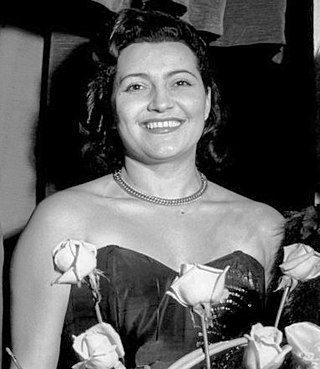
Adionilla Pizzi, known by her stage name Nilla Pizzi, was an Italian singer and actress.

Elio e le Storie Tese, often abbreviated EelST, is an Italian comedy rock band from Milan, formed in 1980. Their frontman is Stefano Belisari, better known as Elio.

Anna Hoxha, known professionally as Anna Oxa, is an Italian singer, actress and television presenter. She has received mainstream popularity and recognition within Italy due to her numerous participations in the Sanremo Music Festival.
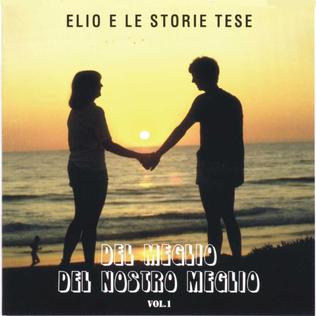
Del meglio del nostro meglio Vol. 1 is the first greatest hits compilation by Italian rock band Elio e le Storie Tese.

Miranda Martino is an Italian singer and actress.
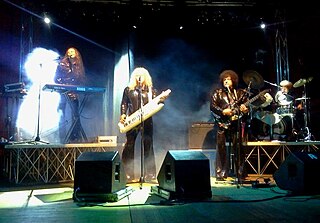
I Cugini di Campagna is an Italian pop band formed in 1970 in Rome. They are well known for the use of falsetto and for their eccentric look, a cross between glam and kitsch.

Gianfranco Michele Maisano, best known as Michele is an Italian singer and actor.

Francesco Luigi Simone is an Italian singer-songwriter, composer and television host, known as "il poeta con la chitarra" for the poetical value of his lyrics.
Passengers were an Italian-American pop/italo disco band, mainly successful in the early eighties.

Sandro Giacobbe is an Italian singer-songwriter.
"Lady Barbara" is a song written by Totò Savio, Giancarlo Bigazzi, and Claudio Cavallaro and performed by Renato dei Profeti, founder of the group I Profeti at his first solo venture. The song won the Un disco per l'estate festival and peaked at first place on the Italian hit parade. The same year the song also named a musicarello film, Lady Barbara, directed by Mario Amendola and starred by the same Renato dei Profeti.

Fabio Concato is an Italian singer-songwriter.

"Grande amore" is a song performed by Italian operatic pop trio Il Volo, and written by Francesco Boccia and Ciro "Tommy" Esposito. The song won the Sanremo Music Festival 2015 and represented Italy in the Eurovision Song Contest 2015 where it won the televoting, came sixth with the juries and third overall. The song was also covered with releases in other languages.
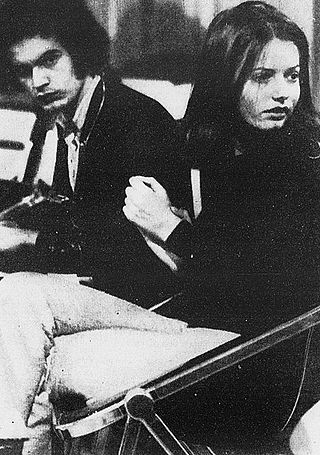
Giuliano Illiani, best known as Donatello, is an Italian singer, mainly successful in the first half of the 1970s.
Leano Morelli is an Italian singer-songwriter and musician.

Bruno Filippini was an Italian singer, mainly successful in the 1960s.

Gaetano Savio, better known as Totò Savio, was an Italian composer, lyricist, producer, guitarist and occasional singer.
Opera, also spelled as Gli Opera, was an Italian pop-rock band, active between 1975 and 1985.
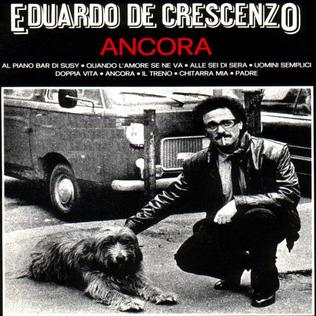
Ancora is the 1981 debut LP of Italian singer Eduardo De Crescenzo following his triumph with the title song "Ancora" at the Festival di Sanremo. All the tracks are compositions with lyrics by Franco Migliacci and music by Claudio Mattone, which are co-published by Jubal/Easy Records Italian which also served as the album's production company. The album was recorded at "Quattro 1" studios in Rome with the automatic mixer MCI JH-542 by sound engineer Luciano Torani, while the master was edited by Pietro Mannucci.
















